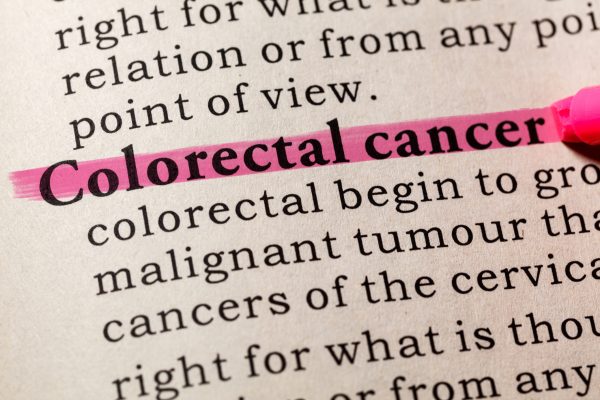
Colorectal cancer is one of the most prevalent cancers in the world. The worldwide incidence is estimated at 1.2 million. Although a few treatment options are in place, surgery (hemicolectomy) is the only curative one. After surgery, 25-40% of the patients experience liver metastases. Early recognition is beneficial because it makes non-invasive approaches like ablation possible. When there is a delay in recognition, the tumour is more likely to be bigger, which disadvantages the prognosis. The usual follow-up after surgery is every 2-3 months, for 2 years. The current techniques for follow-up include a CT-scan, ultrasound and laboratory test for tumour marker (CEA) measurement. Unfortunately, these tests have a specificity and sensitivity below 96%. The implication of this is that some liver metastases are still missed on conventional techniques.
Dr. Nick van der Huizen is recently promoted at the Erasmus University. His research suggests that the urine of patients with colorectal liver metastases contains elevated levels of collagen proteins. Collagen is essential in the structure and solidity of cells. Since a tumour is capable of breaking down collagen, more proteins are disposed in the blood. The peptides are hereafter excreted in the urine.
The ease of such an urine test means that patients are able to hand in this urine sample at their general practitioner. Visiting the hospital for initial screening after surgery is therefore unnecessary. It is understandable that most patients would prefer this. However, further research is necessary to confirm this promising result. When sufficient evidence is available to support the hypothesis that a urine test has more benefits than usual techniques, this test can be standardized in the Netherlands. According to dr. Van der Huizen, this may be possible within a time frame of 5 years.
References